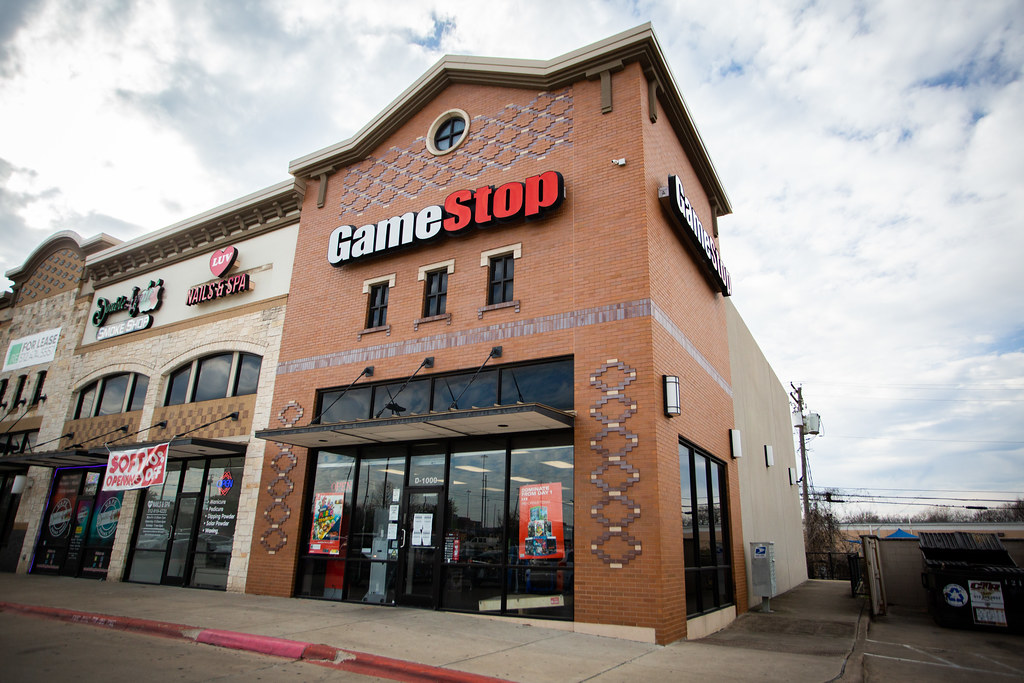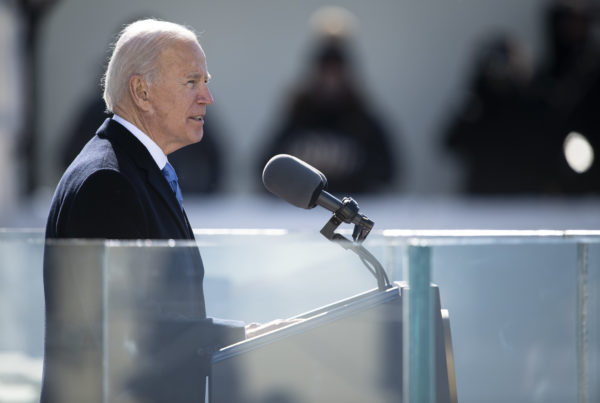The Reddit versus Wall Street drama involving the stock of GameStop and other battered companies has both intrigued and confused many observers. The original narrative of the “little guy” taking on the suits of high finance has evolved into something far more complex and precarious.
In a story for The Atlantic, Derek Thompson wrote, “It’s going to end with lots of people losing incredible amounts of money.”
The story began with GameStop, a video game retailer with a low stock price and shaky outlook, thanks to the pandemic and continuing moves toward online purchasing of games. Hedge fund investors bet against an increase in the company’s share price – in finance parlance, they “shorted” the stock.
“That bet, I think, was pretty reckless,” Thompson told Texas Standard. “They pretty aggressively shorted this company.”
Members of an online investing community on Reddit took notice, and “cooked up a clever plot to expose and squeeze the hedge funds by basically bidding up the stock of GameStop, which the hedge funds thought would go down,” he said.
“Right now, you have a pretty simple sort of Reddit investor pirates versus the big guy – online David versus institutional Goliath,” Thompson said.
Once the story went viral, many more retail investors joined in to add their money and bid up the stock, causing the situation to “get out of hand,” he said.
The online stock trading platform Robinhood, along with other retail investing platforms, halted most trading in GameStop for a time, preventing more buying. Next, politicians and both sides of the aisle criticized Robinhood’s move.
“Now, the same narrative that we’ve been talking about for years, of anti-institutionalism, whether you’re talking about … Trump populism or left populism, that girdle has now been placed around #GameStopgate,” Thompson said.
Thompson suggests that as unusual as it is that politicians as divergent as Texas Sen. Ted Cruz and New York Congresswoman Alexandria Ocasio-Cortez find themselves in agreement about this issue “doesn’t mean it’s true.”
He says that Robinhood, a startup brokerage, might not have had the money needed to cover the frenetic trading in GameStop shares on Thursday. In fact, Robinhood raised $1 billion from investors on Thursday to provide a financial backstop.
Thompson believes it’s more likely that Robinhood protected itself from a potential inability to pay its customers than it is that hedge fund owners leaned on the brokerage to stop the viral run on GameStop.
Thompson doesn’t agree with advocates of the GameStop “short squeeze” that hedge fund investors manipulate the markets in a way that’s completely one-sided.
“Every trade has a counterparty,” he said. “When a company wants to short GameStop stock, it’s selling its stock to another counterparty.”
Thompson says being a Robinhood day trader isn’t an effective way to get back at the Goliaths of Wall Street.
“If you think that the way to get back at Citadel and other hedge funds that you dislike is to gamble at the Roulette table or Robinhood … you’re just wrong,” he said.
Thompson suggests the best way for small investors to make money is not to become day traders, but to save, invest in index funds and rely on a financial advisor.















